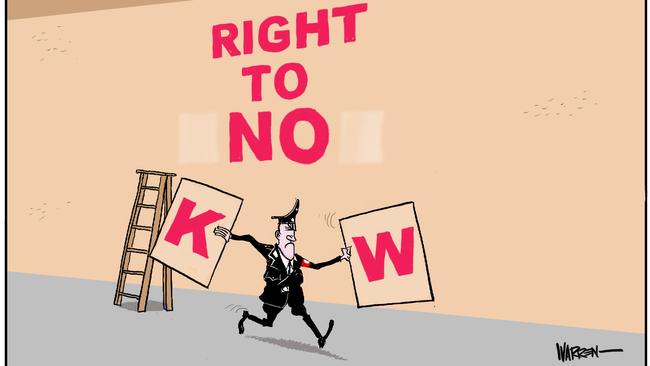
Dubbed “The Suppression State” for its enthusiasm for doling out court-ordered suppressions in often mundane criminal cases, SA finally moved last week after years of prevarication across politics to change the laws so that convicted sex predators could be publicly identified once their cases had reached an end.
Until now, there has been an absurd situation in South Australia where someone convicted of stealing a loaf of bread could be photographed outside the Magistrates Court, yet a sexual deviant who had committed the worst crimes imaginable would remain anonymous on the spurious grounds that their victims could be identified (which is rightly illegal).
- READ MORE:Your right to know campaign
After two decades of campaigning by the local newspaper, The Advertiser, and other advocates of the public’s right to know, the Attorney-General Vickie Chapman announced last week that the Marshall Liberal government would finally bring the laws in line with other states.
The laws’ application meant that in some cases, such as the child pornography case involving a former SA Labor minister, Bernard Finnigan, suppression orders were applied, removed, and applied again, meaning that for fleeting periods the public was able to know the nature of the charges.
Despite this welcome move by the new government, there are still examples of great confusion surrounding privacy with the state’s watchdog bodies, principally its Independent Commission Against Corruption, with even the state’s ICAC commissioner Bruce Lander QC saying last week that he was troubled by the secrecy provisions surrounding the organisation he heads.




For a state that has been ground-breakingly progressive in so many fields — the first in Australia to give women the vote, decriminalise homosexuality and recognise native title — South Australia remains an embarrassing laggard in the field of press freedom and government transparency.